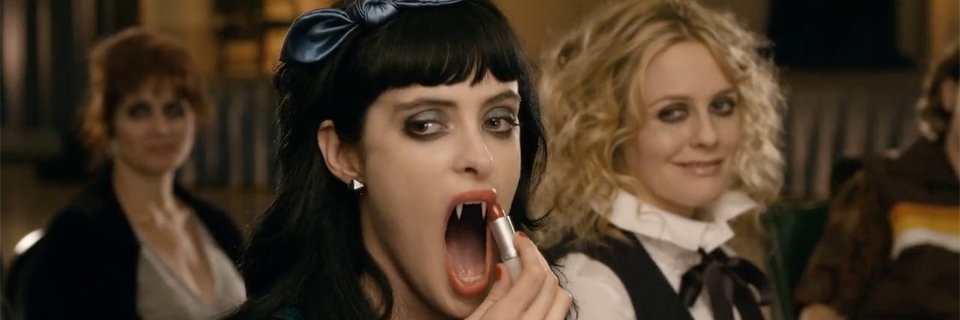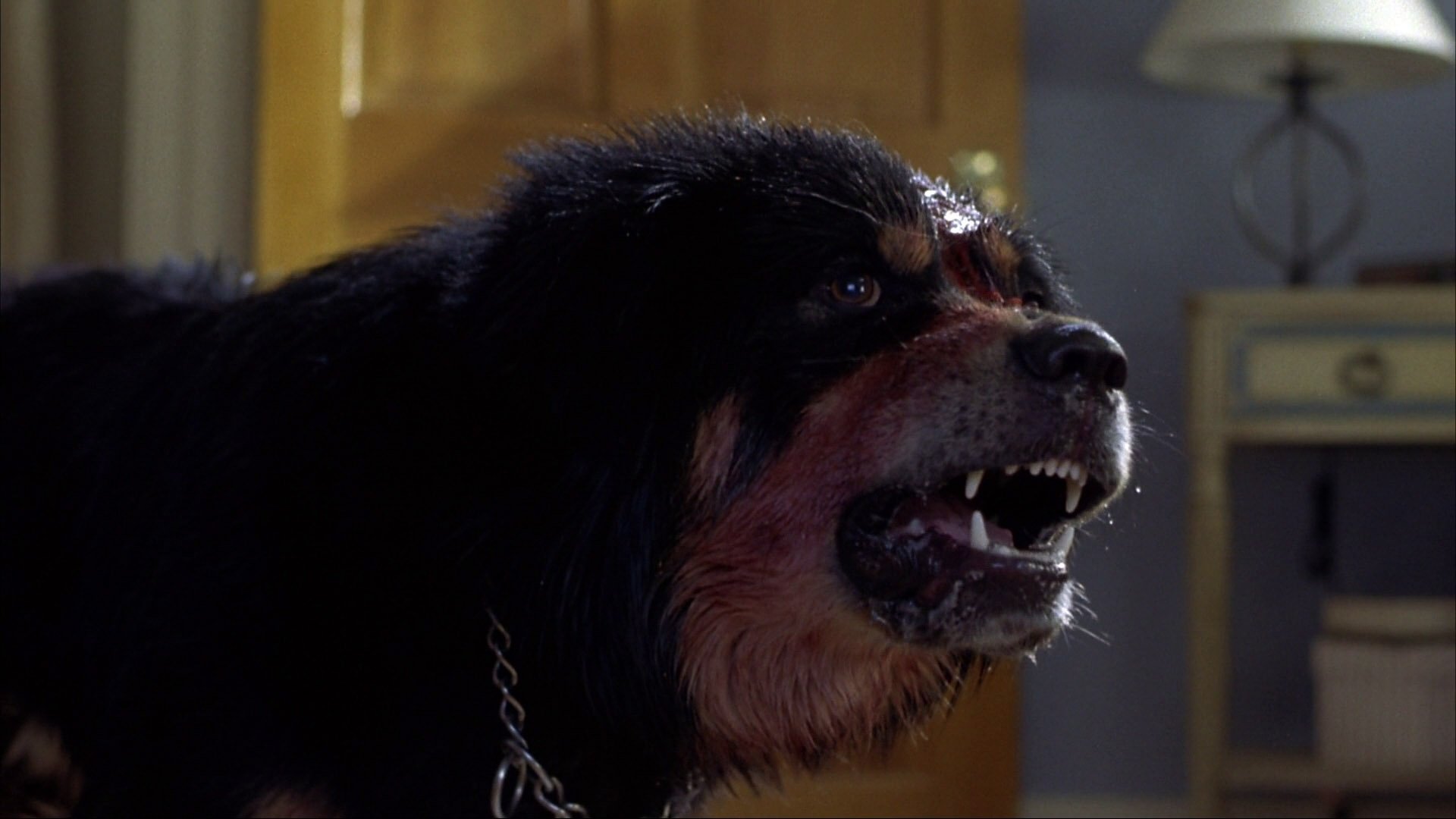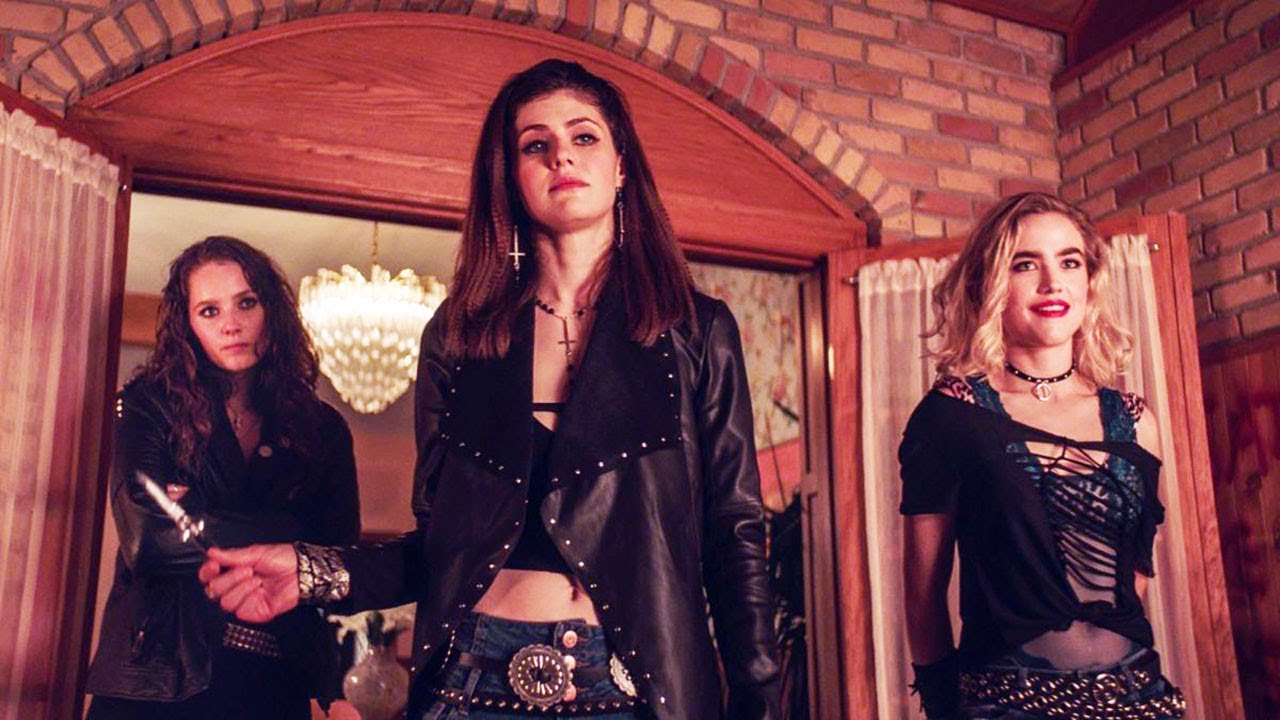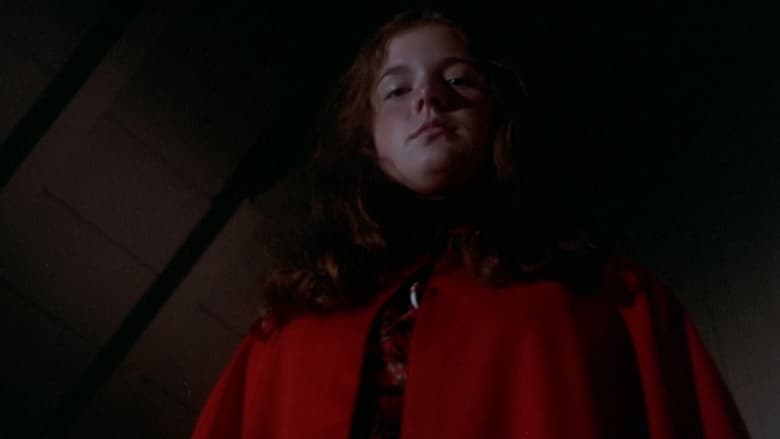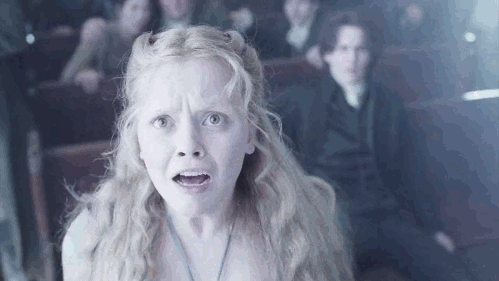It don't matter if you're black or (pasty) white...
#73
Blacula (1972): 7/10
#74
Dark Shadows (2012): 8.5/10
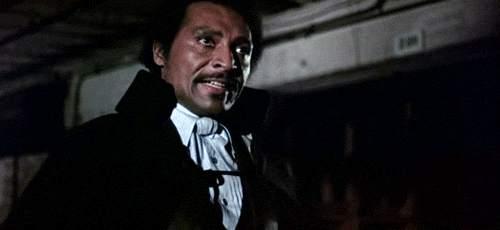

Vampires awake in the groovy year of AD 1972 and pursue the reincarnations of their lost loves in this pair of sanguinary sojourns.
Blacula opens in Transylvania, 1790, where Prince Mamuwalde (William Marshall) is making a social visit on Count Dracula (Charles Macaulay) along with his wife, Luva (Vonetta McGee). Turns out that Drac is a vampire (who would have thought?), and he chomps down on Mamuwalde's neck before imprisoning him within a sealed coffin inside a hidden chamber in his castle, leaving him to slumber in the dark for an eternity of torment as his wife is left to slowly starve to death within the same sealed trap. Nearly two centuries later, a pair of interior decorators buy Drac's castle and all of the knickknacks within, transporting his coffin back to Los Angeles, where Mamuwalde escapes from his eternity in the dark and terrorizes the night as "Dracula's soul brother" even as he romantically pursues a young woman, Tina Williams (McGee again), who's the spitting image of his lost love.
This is an irresistible premise for a blacksploitation movie, and yet
Blacula, for all its indifferent, cobbled-together production values, nevertheless generates a solid sense of dread, and Marshall is marvelous as Mamuwalde, his smooth, basso voice lending a potentially silly character a genuine sense of doomed romantic pathos. And he cuts a striking figure in his Bela Lugosi cloak. You can't really call this "great", but it goes down easy, giving the viewer plenty of cheesy chills.
Having a virtually identical premise, Tim Burton's
Dark Shadows (loosely adapted from the early-70s TV supernatural soap opera created by Dan Curtis) picks up in 1760, where the Collins clan travels from Liverpool, England to the untamed wilds of Maine in the New World, where they establish a new town, Collisport, and spend over fifteen years putting down roots in their luxe mansion, Collinwood. But Barnabas Collins (Johnny Depp), after spurning the amorous advances of witchy servant girl Angelique (Eva Green) in favor of the affections of Josette (Bella Heathcote), finds out that hell hath no fury like a woman scorned, as Angelique uses her dark magic to bring about the "accidental" death of his parents, goads Josette to plunge off a nearby cliff in a hypnotic trance, and curses Barnabas to become a vampire so that "My torment will be never-ending". Whipping the locals into a obligatory Angry Mob, they bury Barnabas in a sealed coffin, but he's dug up by a construction crew in 1972, and makes his way home to Collinwood to discovers the last remnants of the family bloodline, including Elizabeth Collins (Michelle Pfeiffer), her sullen, rebellious daughter, Carolyn (Chloe Grace Moretz, doing a droll dry run for her role as Wednesday in the
Addams Family animated movies), her gold-digging brother Roger (Jonny Lee Miller), Roger's troubled son David (Gully McGrath), as well as employees like psychologist Dr. Hoffman (Helena Bonham Carter), working with young David to help him adjust after the recent loss of his mother at sea, and drunkard handyman Willie Loomis (Jackie Earle Haley). There's also the new governess, Victoria Winters (Heathcote again), who is -- of course -- the virtual reincarnation of Josette. Barnabas is enchanted by Victoria's beauty (wooing her with courtly/corny lines like, "Don't tell you go by something as common as 'Vicky'. A name like Victoria is so beautiful...I would not want to part with a single syllable of it"), as well as determined to restore the family to the state of luxurious wealth and good standing it possessed nearly two centuries earlier, but finds his plans thwarted by "Angie" Bouchard, who is the ageless Angelique who has enjoyed seeing the Collins clan wither away yet finds her ardent attraction to Barnabas has not cooled off despite their complicated history.
A box office fizzle that met mixed reviews when originally released over a dozen years ago,
Dark Shadows has, over the course of time, established itself as one of Burton's best post-2010 efforts, with an enjoyably droll, deadpan tone that grows on you with subsequent viewings. Depp is terrific as Barnabas, a decidedly "old-school" gentleman who couldn't be more out of place in the era of lava lamps, miniskirts and
Superfly, yet it's that very aspect of his character that drives the movie's fish-out-of-water humor, with Depp taking lines that, on the page, would come across as cloddish groaners and delivering them like Shakespearean sonnets (like his grandiloquent deliveries of the "best" line from Erich Segal's novel
Love Story, or the lyrics from the Steve Miller Band song "The Joker"). Green matches him beat-for-beat as Angelique/Angie, her fierce, popping eyes and rapacious leer of a smile creating a villain that's every bit as sexy as she is menacing (her room-demolishing, gravity-defying tryst with Barnabas, set to the beat of Barry White's "You're The First, The Last, My Everything", is a comic highlight). The movie also looks and sounds great, with its craftily cultivated collection of 70's tunes making a great match to Danny Elfman's surging, muscular musical score. The supporting cast gets a bit lost in the shuffle of Seth Grahame-Smith and John August's overstuffed screenplay at times (I could have done with more romantic interludes with Barnabas and Victoria), but the movie has the ghoulish, surreal spark of Burton's early work, and only gets more enjoyable with each viewing.

